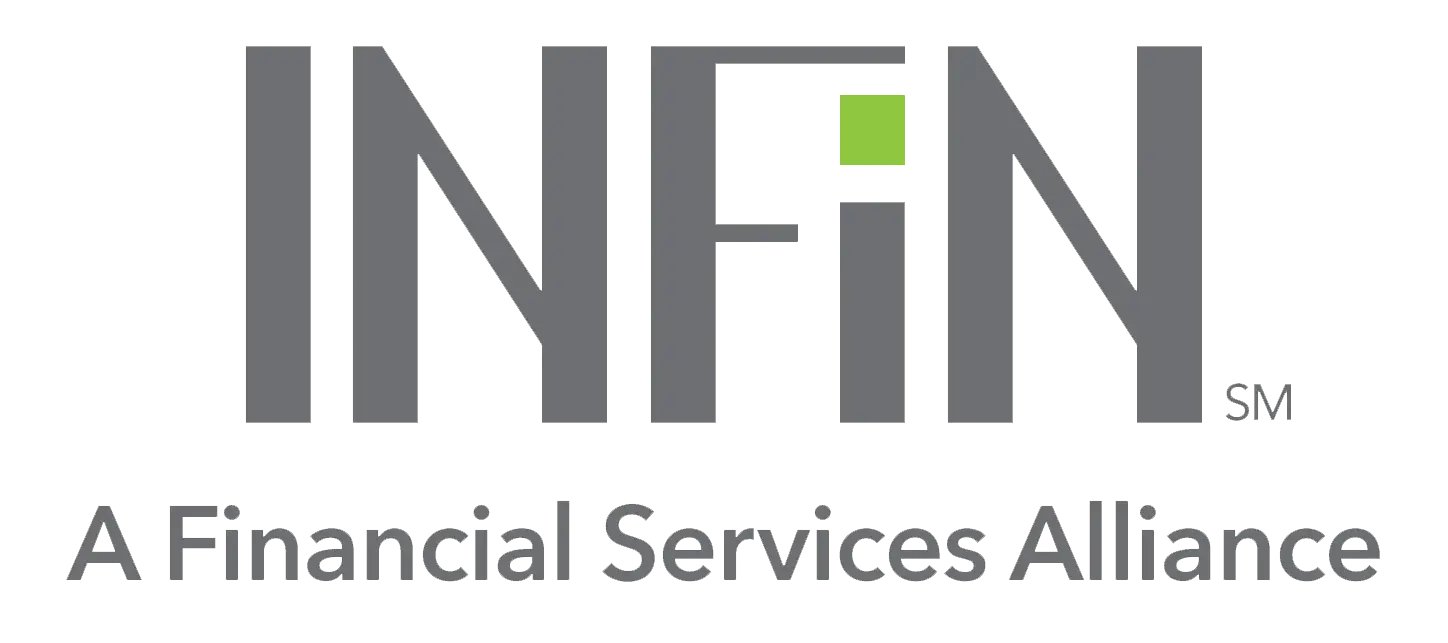Understanding Debt Consolidation: A Path to Financial Freedom

In today’s fast-paced world, managing personal finances can become a daunting task, especially when debts from multiple sources begin to pile up. Debt consolidation has emerged as a popular solution to streamline and simplify debt repayment, allowing individuals to regain control of their financial lives. This article aims to shed light on the concept of debt consolidation, its benefits, potential risks, and how it can be a stepping stone toward financial freedom.
What is Debt Consolidation?
Debt consolidation is a financial strategy combining multiple debts into a single, more manageable loan. Essentially, it involves taking out a new loan to pay off existing debts. This can be anything such as credit card balances, medical bills, student loans, or other outstanding loans. By consolidating debts, individuals can potentially lower their overall interest rates, reduce monthly payments, and simplify their financial obligations into one payment.
Types of Debt Consolidation
Personal Loan: One common form of debt consolidation involves taking out an unsecured personal loan from a bank, credit union, or online lender. This loan pays off all existing debts, leaving the borrower with a single loan and fixed monthly payments.
Balance Transfer: Another popular approach is transferring high-interest credit card debt to a new credit card with a lower or 0% introductory interest rate. This method requires discipline. It also requires careful planning to pay off the balance before the introductory period expires.
Home Equity Loan or Home Equity Line of Credit (HELOC): Homeowners with significant equity in their homes may choose to use it as collateral to secure a loan or line of credit to consolidate their debts. This approach can be riskier since it puts the property at stake if the borrower defaults.
Benefits of Debt Consolidation
Simplified Repayment: Instead of juggling multiple due dates and payment amounts, debt consolidation streamlines the repayment process by consolidating debts into one monthly installment.
Lower Interest Rates: Securing a debt consolidation loan with a lower interest rate than the existing debts can lead to significant savings over time.
Improved Credit Score: By making regular, on-time payments through a debt consolidation plan, individuals can improve their credit scores. This can opens up opportunities for better financial products and favorable interest rates in the future.
Reduced Stress: Debt consolidation alleviates the mental burden of managing multiple debts, offering borrowers peace of mind and a clearer financial outlook.
Potential Risks and Considerations
Temptation to Accumulate More Debt: Debt consolidation does not erase debts; it merely restructures them. Some individuals may fall into the trap of accumulating more debt after consolidating. This can lead to a deeper financial crisis.
Hidden Fees: Be cautious of hidden fees or prepayment penalties associated with certain debt consolidation options. Always read the fine print and ensure the cost is worth the potential benefits.
Prolonged Repayment: While debt consolidation may reduce monthly payments, it can extend the repayment period. This means borrowers might end up paying more interest over the long term.
Debt consolidation can be a valuable tool for individuals struggling with multiple debts, offering a clear path toward financial stability and freedom. By reducing stress, simplifying payments, and potentially lowering interest rates, debt consolidation empowers borrowers to take control of their financial destinies. However, it’s essential to approach this solution with careful consideration, discipline, and a commitment to financial responsibility.
Apply for a Loan with Advance Financial
If you are needing cash fast, you can apply for an online line of credit with Advance Financial. When you apply for a line of credit with Advance Finanical, you can get the cash you need, when you need it. Apply today to see how much you can get approved for!




